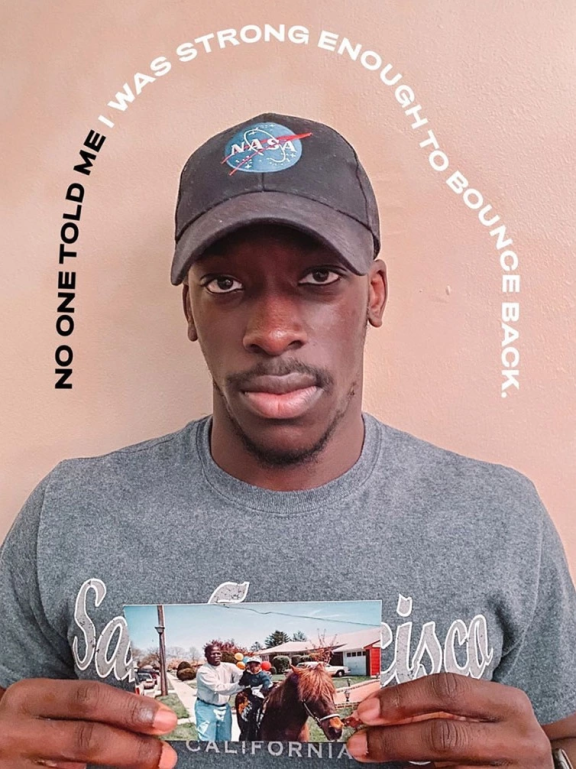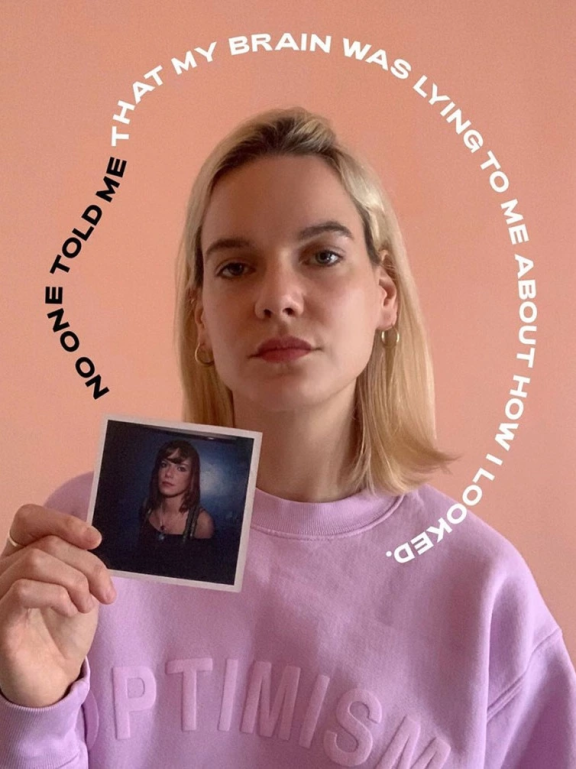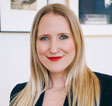Mental illness is complicated, but not talking about it doesn’t make it less so. Part of our mission is to help people feel better, both physically and mentally, and while CBD can help, there are many tools you can lean on for support. Mental Health Memos is a series that delves into the importance of destigmatizing mental illness and shines a light on those who are using their voice to bring these conversations to front and center.
From a young age, Aaron Harvey struggled with mental health in the form of severe anxiety and regular panic attacks. When he finally got diagnosed, he realized he needed to use his own experience to help normalize it for others who may be struggling. “All the change taking place in the mental health landscape was coming from people who have been personally affected by mental illness,” he says.
In what he describes as “a movement for sufferers, by sufferers,” the Made of Millions Foundation is a global nonprofit with a mission to change how the world perceives mental health, using grassroots advocacy efforts to fight cultural stigmas around the topic. We chat with co-founder Aaron Harvey about mental health in the wake of Covid-19, dismantling systemic racism in mental healthcare, and how his own ability to open up about difficult subjects ended up saving his life.
When I was about eight years old, I started experiencing intrusive thoughts that led to panic attacks and severe anxiety. Six years ago, I finally got the courage to search "violent thoughts" and landed on an article in the Guardian, which saved my life. It was that moment where I knew I needed to use my privilege to share my story. And more importantly, use my skills in brand/creative/marketing to make mental health education more accessible.
I co-founded the NYC-based digital agency Ready Set Rocket, so I drew from that experience with this nonprofit. However, the non-profit landscape is totally different from the for-profit one and comes with a great deal more challenges. So not only do we have to reinvent what mental health looks like, but we also have to redefine what a modern nonprofit is as well. It would have been so easy to go for-profit, raise funding, and get this thing flying at 100mph. But we are going the long, hard road because we want to be seen as the source of truth in the mental health landscape, and we believe the non-profit model supports that.
So far the hardest learning is that, despite past successes, relationships, and establishing credibility, this project is like starting all over again. It requires you to keep your head down, do good, honest work, and be kind to the best of your ability, no matter how frustrating the uphill climb can be, especially in the non-profit world.
It's a great question. In 2014, I found out I had suffered from Pure OCD my entire life. And that led to depression, self-medication, and other really negative behaviors. So I had to spend two years dedicating my brain to science for two reasons: (1) to help my own health, and (2) to better understand why the mental health landscape is so broken. I tried many different drugs and therapies to wrap my head around what works for me, and what doesn't. By 2016, we launched the nonprofit, and I shared my story in Fast Company, which was the first time I shared what I went through with anyone.
In the end, mental health advocacy lives at the intersection of my passion and my skill set. So I guess you can call that my purpose. I've found it to be both therapeutic, but also daunting. I’ve hit so many walls trying to advance this nonprofit – especially with the lack of partnership among other nonprofits. It's so disheartening; it leaves you feeling absolutely abandoned by the people and organizations that failed you to begin with.
From day one, we've been committed to diversity in mental health. We've built a board of experts who represent a wide range of cultural and skill-based competence. We have translated most everything we do into Spanish. We've covered stigma as it relates to race, socioeconomics, incarceration, and more. But even with those efforts, it's not enough.
The death of George Floyd has created a necessary mandate to see, listen, introspect, and act in the way that you can make tangible change. We are focused on creating equality in mental health, and our work is constantly evolving as to how better serve the BIPOC community in the US and beyond. And one of those key ways is to elevate BIPOC mental health professionals, researchers, advocates, and voices in order to explore the intersectionality of effects of mental health stigma when compounded by systemic racism. We are making sure to respond to the needs and asks of our online community, ensuring they hold us accountable, so we can learn and grow together.


We've seen an increase in the volume of individuals who are experiencing mental health symptoms for the first time. So it's important to be there for them, be relatable and accessible, and simplify the experience so they can wrap their head around it. We launched a Covid Resource Hub, and partnered with an artist to show the overlap between anxiety and Covid symptoms.
On the positive side of Covid, a lot of individuals who have been through Exposure Therapy (CBT, ACT, etc.) have developed behavioral skills that make uncertainty easier to manage. So in the event of Covid, a lot of people with those skills found that managing Covid-related uncertainty was less difficult than anticipated. That's why it's so important that we continue to teach people that "therapy" really means "skill development," which can help prepare you to manage uncertain life events.
Help motivate them to do things that make them present. That can be exercise, art, surfing, sports, music, walking, hiking, yoga, cooking, dance, etc. Things that help them become more mindful and reduce the rumination that can wreak havoc on your mental health.
For me, surfing is the most important thing. And playing guitar. Ultimately, it's a 360-degree effort. It requires physical exercise, mindfulness, hobbies and passions, community and friends, CBT/ERP skills work, and beyond. The mix is different for everyone.
@sebzanella for photography, @blackgirlssurf for next-gen of surfers, @dralfiee for insights on BIPOC mental health, and @wsl for all things waves.
Photo of Aaron Harvey by Ira Chernova. To learn how to support Made of Millions' efforts to make mental health tools readily available to all click here.
